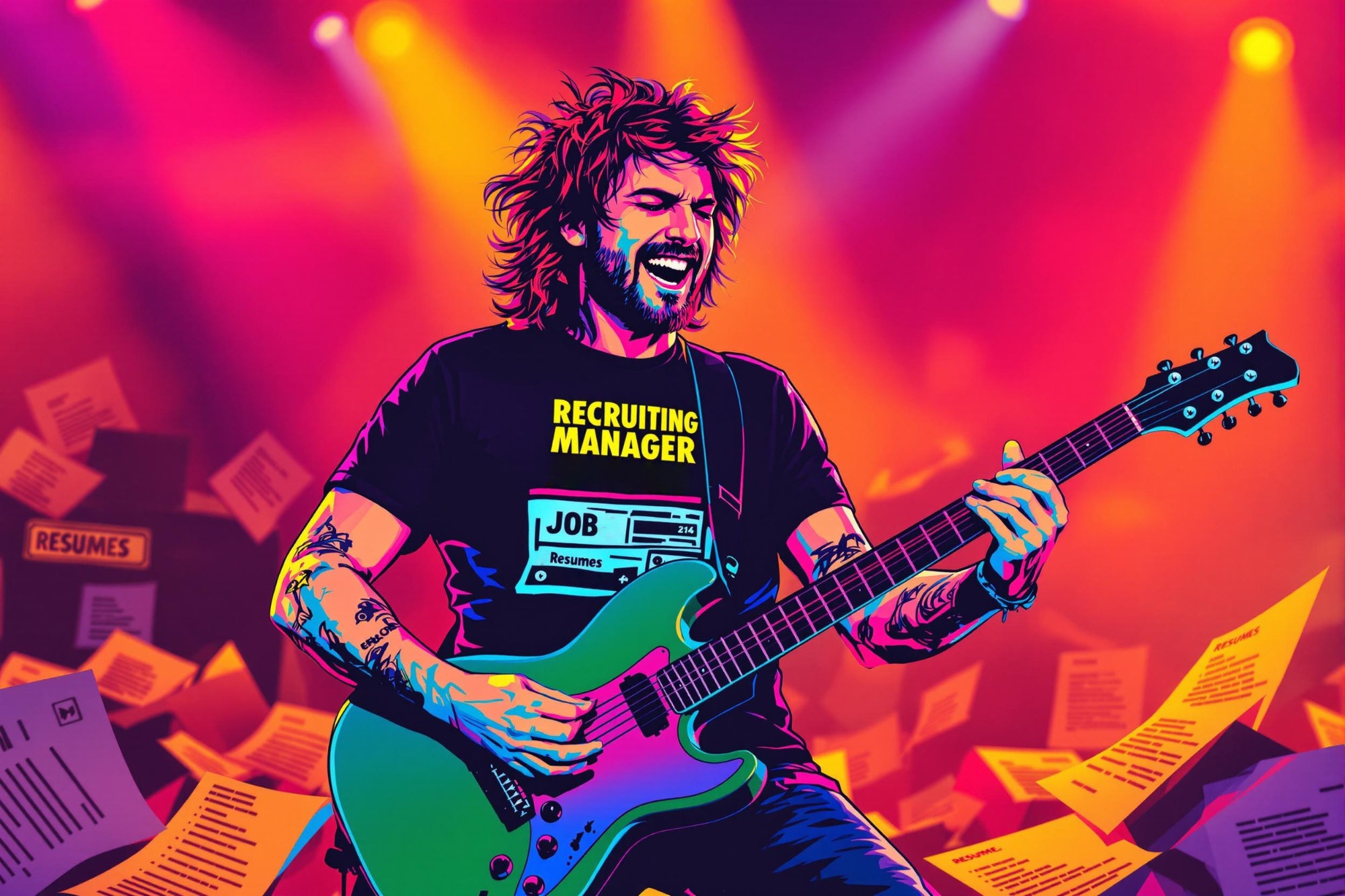
Slow Motion
Slow Motion is a broadcasting technique that shows sports action at a reduced speed, making fast movements easier to analyze and understand. When you see a sports replay where everything moves slower and you can see every detail of a play, that's slow motion at work. It's a crucial skill for sports commentary and production teams because it helps viewers see important moments that might be missed at regular speed, like the exact moment a ball crosses a line or how a player performs a complex move.
Examples in Resumes
Created compelling sports highlights using Slow Motion and Slo-Mo techniques for football broadcasts
Operated Slow-Motion replay systems during live basketball games
Trained junior staff in Slow Motion replay selection and timing for match highlights
Typical job title: "Slow Motion Operators"
Also try searching for:
Where to Find Slow Motion Operators
Professional Organizations
Online Communities
Example Interview Questions
Senior Level Questions
Q: How do you handle high-pressure situations when multiple replay angles are needed quickly?
Expected Answer: Should demonstrate experience in managing multiple camera feeds, quick decision-making abilities, and leadership in coordinating with the production team during live broadcasts.
Q: What's your approach to training new operators on slow motion systems?
Expected Answer: Should show teaching experience, ability to break down complex processes, and understanding of both technical and artistic aspects of slow motion replay work.
Mid Level Questions
Q: How do you decide which moments deserve slow motion replay during a live game?
Expected Answer: Should explain understanding of sport-specific key moments, timing of replays, and coordination with commentators and directors.
Q: What's your process for preparing before a live sports broadcast?
Expected Answer: Should describe equipment checks, coordination with camera operators, understanding game rules, and establishing communication protocols with the production team.
Junior Level Questions
Q: What basic skills are needed to operate slow motion equipment?
Expected Answer: Should mention familiarity with replay systems, understanding of basic sports broadcasting terminology, and ability to follow director's instructions.
Q: How do you maintain focus during long broadcast periods?
Expected Answer: Should discuss strategies for staying alert, organized, and ready to capture important moments during extended broadcast sessions.
Experience Level Indicators
Junior (0-2 years)
- Basic operation of replay systems
- Understanding of common sports rules
- Following director's instructions
- Basic timing of replays
Mid (2-5 years)
- Multiple camera feed management
- Quick replay selection and editing
- Coordination with production team
- Sport-specific highlight creation
Senior (5+ years)
- Advanced replay techniques
- Team leadership and training
- Crisis management during live broadcasts
- Multiple sport expertise
Red Flags to Watch For
- No experience with live sports broadcasting
- Poor understanding of popular sports rules and flow
- Lack of ability to work under pressure
- No knowledge of basic broadcast equipment
- Poor communication skills
Related Terms
Need more hiring wisdom? Check these out...

Recruitment in the Fast Lane: How to Adapt Hiring Practices in the Blink of an Eye

Supercharge Your Candidate Screening: 7 Unorthodox Ways to Hire Faster Without Breaking a Sweat

Cutting HR Costs Without Sacrificing Quality: A How-To for Savvy Executives

